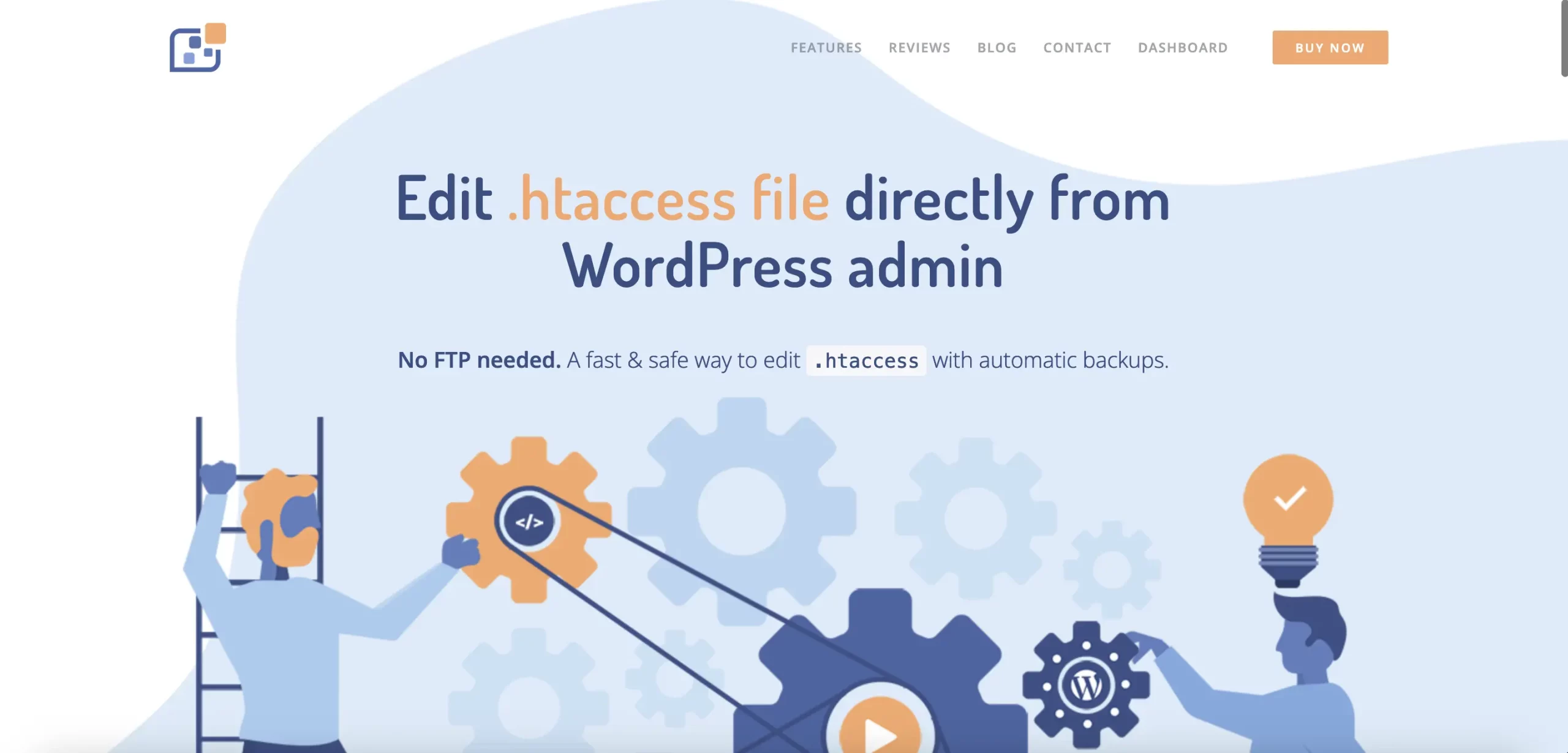The .htaccess file in WordPress is a powerful tool that allows website administrators to control aspects of their site’s functionality, security, and performance. Using the .htaccess file gives you more flexibility and control over your site’s behavior.

Why .htaccess is Crucial for WordPress Security and Performance
The .htaccess file works with the Apache web server, handling permalink structures and offering multiple configurations to improve security and functionality. With it, you can:
- Block or allow specific IP addresses
- Redirect old URLs to new ones
- Handle HTTPS redirects
- Prevent unauthorized access to certain directories
Restrict Access to Specific IP Addresses
Protect your admin area by restricting access based on IP addresses. For example, to block all IPs except for specific ones:
<Files wp-login.php>
order deny,allow
deny from all
allow from 192.168.1.1
</Files>
Replace 192.168.1.1 with the IP address you wish to allow. This protects sensitive areas of your WordPress site.
Creating SEO-Friendly 301 Redirects in WordPress
To ensure SEO value is preserved when content is moved to a new URL, set up a 301 redirect:
Redirect 301 /old-page.html https://yourwebsite.com/new-page.html
This is important to maintain your search engine rankings when you restructure your website.
Prevent Directory Browsing in WordPress
Disable directory browsing to prevent access to sensitive files using:
Options -IndexesThis small step enhances website security by preventing access to file listings.
Handling IP Restriction Issues in .htaccess
Sometimes, IP restrictions don’t work as expected. Ensure correct syntax and contact your web host if necessary, as their configurations might override your .htaccess file.
Managing .htaccess with WP Htaccess Editor Plugin
For easier management of your .htaccess file, consider using the WP Htaccess Editor plugin. This tool allows you to safely edit your .htaccess file directly from the WordPress dashboard, offering features like automatic backups.

Conclusion
The .htaccess file is essential for optimizing WordPress security, SEO, and functionality. By applying strategies like IP restrictions and 301 redirects, you can protect your site while improving user experience and performance.
